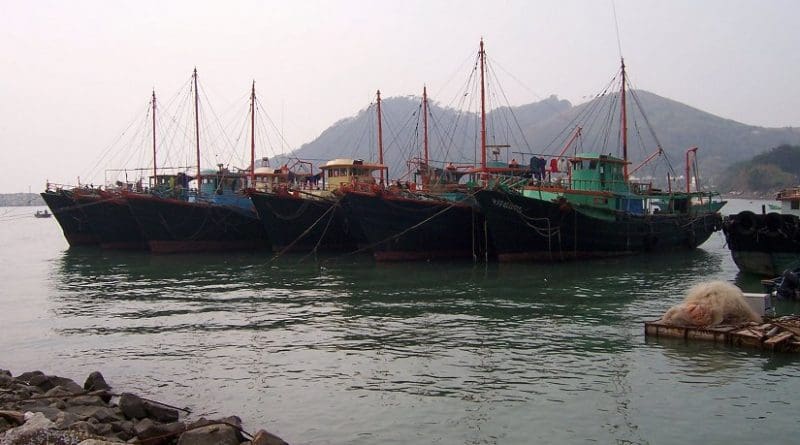Sustainable Fisheries Require Capable Fishers
Full participation of thousands of small tuna fishers in fishery improvement projects require specific capabilities, like firm and collective capabilities for organising and marketing their fish. Fishers who don’t have these capabilities are less likely to participate in projects to improve sustainability, Frazen Tolentino-Zondervan and colleagues from Wageningen University & Research demonstrate in a paper published in PLoS ONE Wednesday.
Fishery improvement projects led by non-governmental organisations (NGOs) and the retailers are an attempt to support mostly small scale fishermen to comply with eco-label requirements like those of Marine Stewardship Council (MSC). Retailers in the Netherlands and other western markets have committed to only selling fish with this or equivalent eco-labels by 2018. But retailers have also struggled to meet this target because of a lack of fish products, like tuna, that are MSC certified.
NGOs and retailers have tried to improve the design of fishery improvements projects to eventually increase the supply of certified fish. A top-down approach attempts to create direct links between importers or retailers in Europe or the US and fishermen, while a bottom up approach focuses on training fishers to meet market requirements and compete on the open market.
“Our results based on a survey on 350 fishers in the Philippines, show that the success of both kinds of fishery improvement projects are dependent on fishers to have specific capabilities, such as firm capabilities (e.g. higher capital) and collective capabilities (e.g. membership to a fisher association), to participate and improve their fishing practices. If these capabilities are ignored or not developed by those running these improvements projects then fishers will not participate,” said the lead researcher of the study Frazen Tolentino-Zondervan.
“If these small scale fishers in a developing country like the Philippines don’t participate in these fishery improvements projects then they won’t move on to MSC certification,” she said.
Putting this into perspective, co-author Simon Bush added: “Given that only 7% of all MSC fisheries are from developing countries and 12% from small scale fisheries globally, understanding these capabilities is key in expanding the global impact of eco-labels”.
The researchers recommend NGOs and retailers not to focus on one fishery improvement strategy. Instead market incentives need to be supplemented with support to fishing communities and local government if these projects are to succeed.

